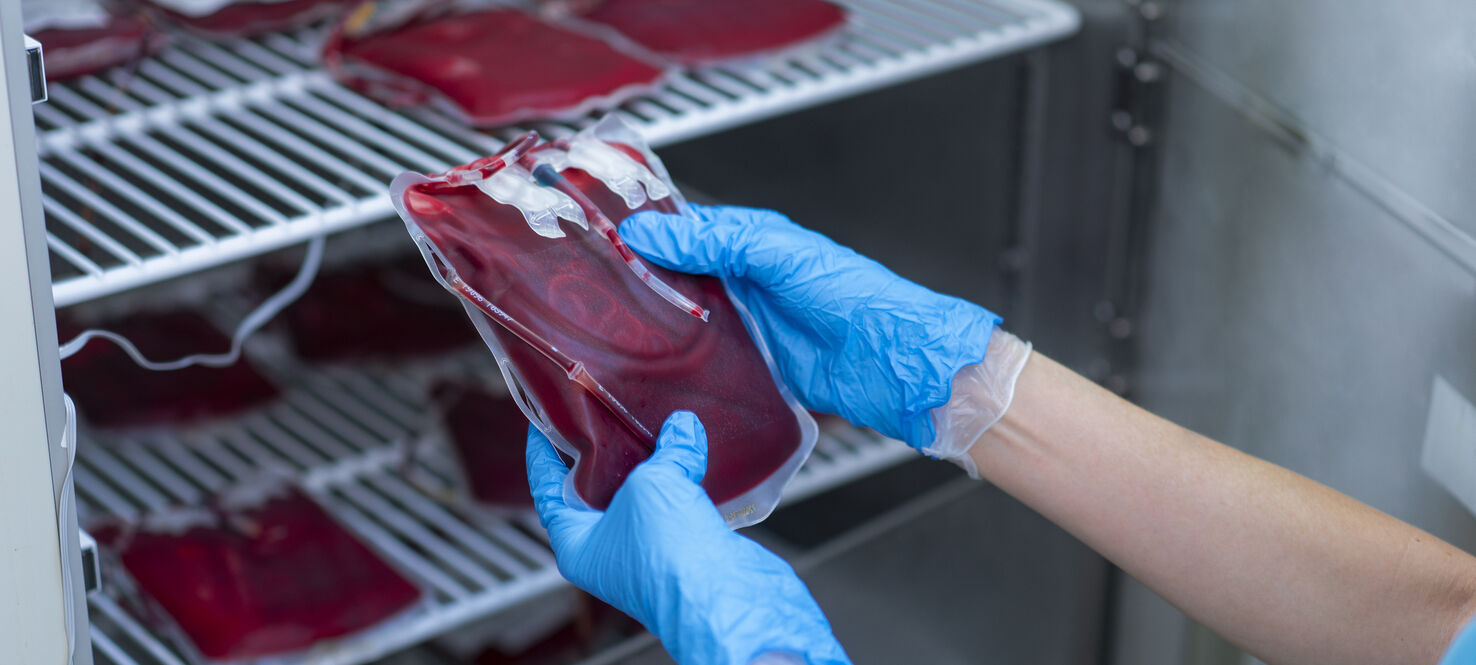Hospitals Urgently Need Blood During Summer Slow Months
Summer is synonymous with pool parties, barbecues and family vacations, but it also brings a troubling trend: blood shortages. Throughout the summer months, blood banks across America see a significant drop in donations, leaving hospitals like Moffitt Cancer Center in urgent need of blood.
Blood donations are a crucial need because blood is required for surgeries, cancer treatment, chronic illnesses and traumatic injuries.

Medical facilities via their blood banks rely entirely on donations to maintain their supplies. However, with the arrival of summer, blood donation levels have dropped significantly, leaving shelves nearly empty and blood centers calling for emergency donations.
Moffitt has recently started to feel the impact of the shortage and needs O negative blood.
According to the American Red Cross type O is routinely in short supply and in high demand by hospitals because it is the most common blood type and because type O negative blood is the universal blood type used the most during emergencies. Only 7% of the population is O negative.
“Donating blood is crucial, especially during the summer when shortages are more common,” said Yossi Schwartz, MD, medical director of the blood bank at Moffitt. “Your donation can have a profound impact, providing essential support to cancer patients who rely on transfusions during their treatment. We urge everyone to consider donating blood to help us navigate these seasonal shortages and make a lifesaving difference.”
How To Donate Blood
To combat the blood shortage, blood centers are calling on the community for help. Anyone interested in donating can locate their local blood center and book an appointment.
Donating blood is a simple process. The appointment can take 30 to 60 minutes and is painless, with the exception of the initial needlestick in the arm. The donation itself is eight to 10 minutes on average.
Most individuals are eligible to donate. To qualify, donors must be in good health, weigh at least 110 pounds and be at least 17 years old or 16 with parental consent.
Certain donation centers may have extra requirements related to medical history, travel and lifestyle factors.
The Benefits of Donating Blood
While donating blood helps those in need, it also provides benefits for the donors.
During the appointment, donors are given a free health screening to ensure they are healthy enough to donate. Most blood centers will check your temperature, blood pressure, pulse and hemoglobin.
The health screening gives insight into your health status, alerting you if there are any underlying conditions.
Another significant advantage for donors is discovering if they have a rare blood type. This information is invaluable for planning surgeries or in emergencies requiring blood transfusions.
Moffitt Cancer Center Blood Drives
Here’s when and where you can donate. You can schedule appointments ahead of time or simply walk in. Visit www.lifesouth.org or www.scbb.org.
Magnolia Campus, 12902 USF Magnolia Drive, Tampa
- 10 a.m. - 5 p.m. second and fourth Tuesday
- 12 - 7 p.m. second and fourth Wednesday
Moffitt Cancer Center McKinley Hospital, 10901 N. McKinley Drive, Tampa
- 10 a.m. - 4 p.m. once a month
Moffitt Business Center, 12653 Telecom Drive, Tampa
- 10 a.m. - 1 p.m. every other month
Moffitt at International Plaza, 4101 Jim Walter Blvd., Tampa
- 2 - 5 p.m. every other month
Richard M. Schulze Family Foundation Outpatient Center at McKinley Campus, 10920 N. McKinley Drive, Tampa
- 10 a.m. - 4 p.m. every other month



